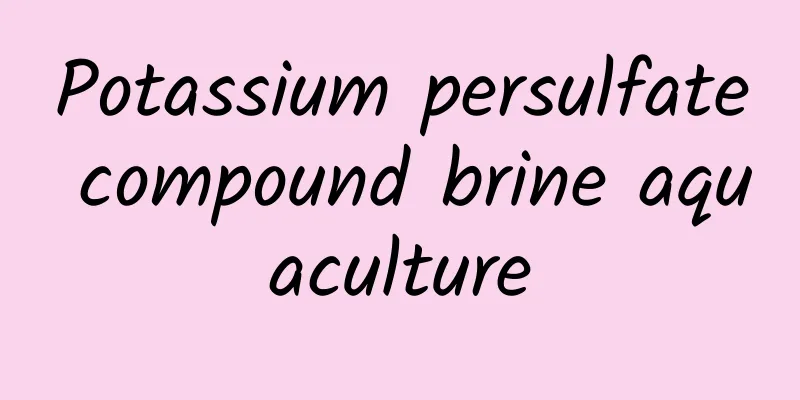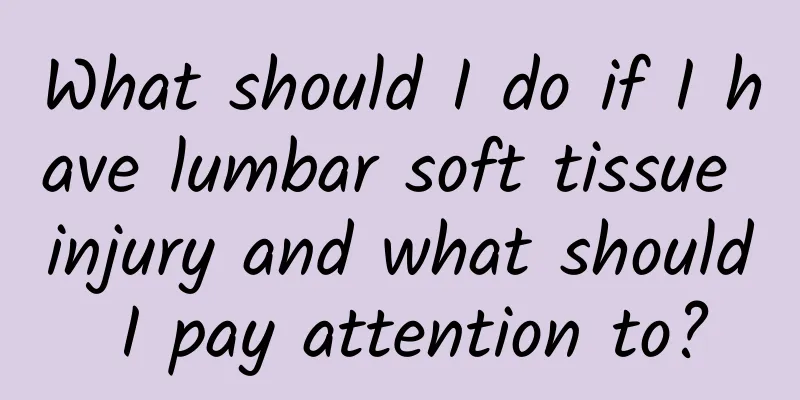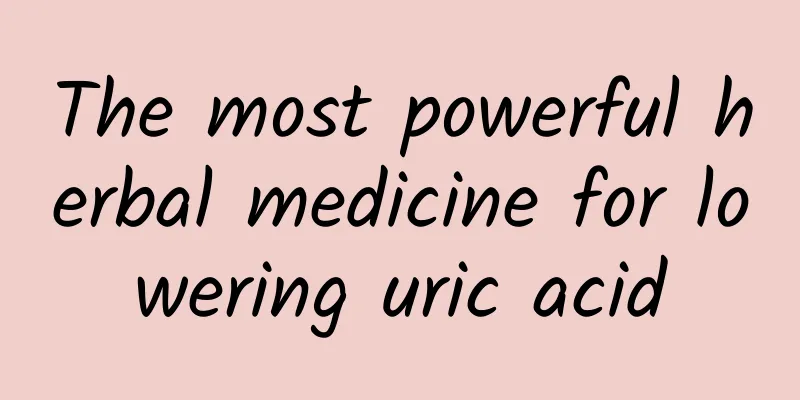How to treat acute cerebral infarction? Two methods are very effective

|
Clinically, during the acute phase of cerebral infarction, medical treatment is required immediately. When treating acute cerebral infarction, the following two methods are most commonly used. 1. Thrombolytic therapy That is, it should be carried out within 3 to 6 hours after onset of the disease. Thrombolytics can be administered intravenously or through the artery. Arterial thrombolysis is not widely used in clinical practice. Commonly used drugs include urokinase and plasminogen activator (t-PA). The main risk and side effect of thrombolytic therapy is intracranial hemorrhage, and patients with cardiogenic embolism have a higher chance of cerebral hemorrhage. 2. General treatment ① Adjust blood pressure: Antihypertensive drugs should be used with caution in patients with cerebral infarction. If the blood pressure is 150-160/100 (mmHg), antihypertensive drugs are not needed. Lowering blood pressure too low can aggravate cerebral ischemia. ② Maintain unobstructed breathing: Those with breathing difficulties can be given oxygen and tracheotomy if necessary. ③ Reduce intracranial pressure and cerebral edema: Cerebral edema may occur in acute cerebral infarction, especially in large-area cerebral infarction, and is a common cause of death within 1 week after onset. Mannitol should be used to reduce intracranial pressure, and glycerol fructose and furosemide can be used for patients with abnormal renal function. ④Prevention and treatment of respiratory tract and urinary tract infections: rational use of antibiotics. ⑤Prevent pulmonary embolism and deep vein thrombosis of the lower limbs: low molecular weight heparin or heparin preparations can be injected subcutaneously. ⑥Early activity: prevent the formation of bedsores. Turn over, pat the back, and passively move the paralyzed limbs every 2 hours. Avoid pressure and the formation of bedsores. ⑦ Strengthen nutrition: Perform nasogastric feeding, intravenous hypernutrition, etc. according to the patient's specific situation to create opportunities for the patient to recover. |
<<: The two most common causes of sequelae of cerebral infarction
>>: Symptoms of vaginal cysts, treatments for vaginal cysts
Recommend
Is epilepsy hereditary?
In recent years, the prevalence of epilepsy has c...
What should you not eat if you have herpes? You should pay attention to not eating these things in your daily diet
People sometimes get herpes for various reasons. ...
Effects and functions of Pudilan granules
Pueraria lobata anti-inflammatory tablets are a C...
How long does it take for a sexually transmitted disease to react?
Sexually transmitted diseases are relatively comm...
The efficacy and function of Bazhen Tang Gao
Talking about Chinese medicine prescriptions, we ...
What happens if there is a lump next to my labia?
Women's genitals are very susceptible to disea...
How to correct a long upper body and short lower body
Some people have a long upper body and a short lo...
Why do I get nervous easily?
Everyone knows that if you are nervous, you are p...
What causes numbness in feet?
Numbness in the feet is a very common problem. So...
What happens if you have an abortion at 15?
Many girls fail to control their bodies because o...
My stomach hurts and I have blood in my stool. What's wrong?
Stomach pain often leads to diarrhea, but sometim...
What to do if you are allergic to anesthesia
We all know that pain relief is required for both...
Symptoms of tracheoesophageal fistula
Esophageal fistula is a relatively serious condit...
Why does bird’s nest have a musty smell?
Bird's nest is a very nourishing food with ma...
What are the symptoms of kidney fire?
If you experience pain in the ribs, it may be a m...









